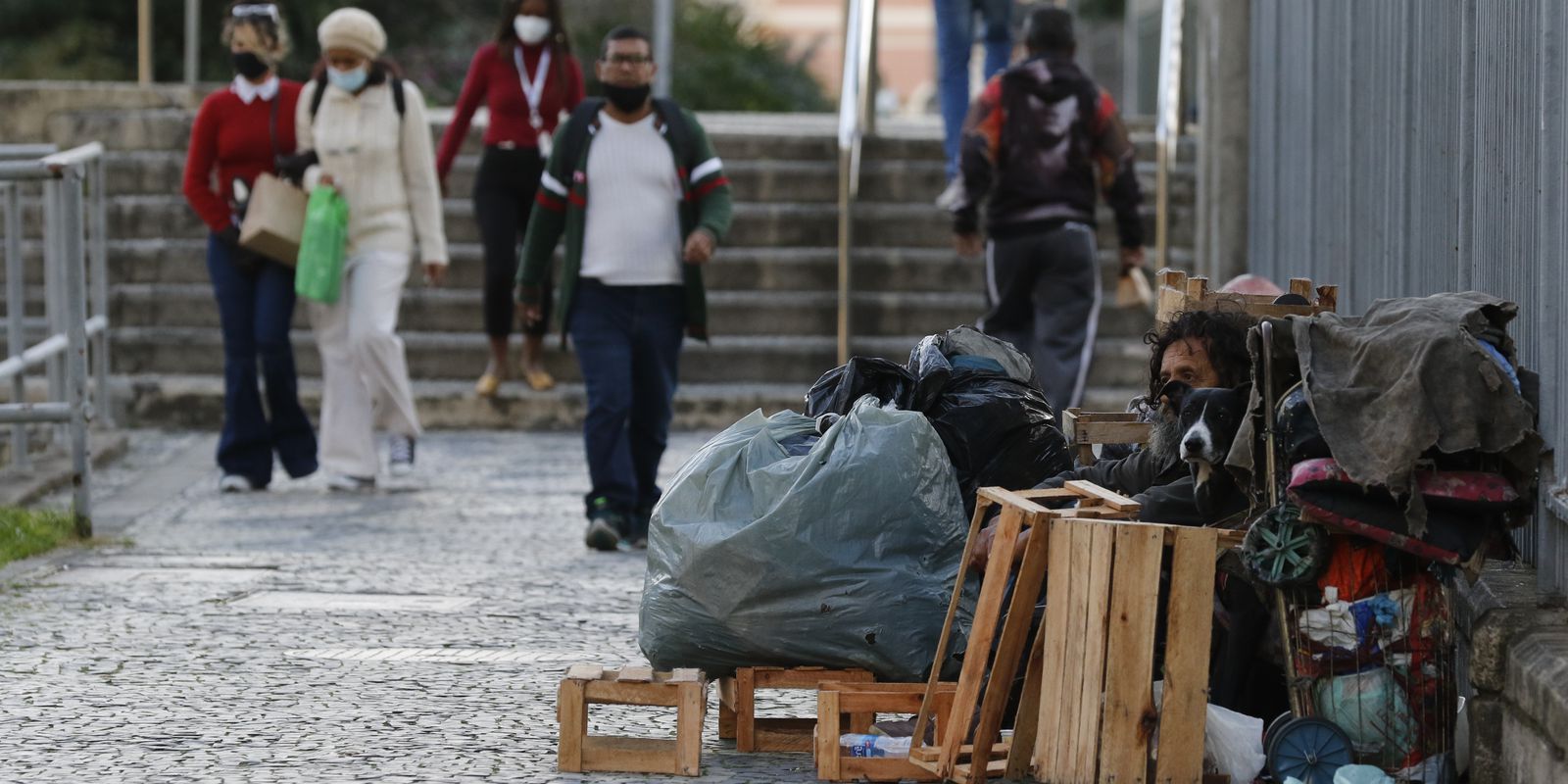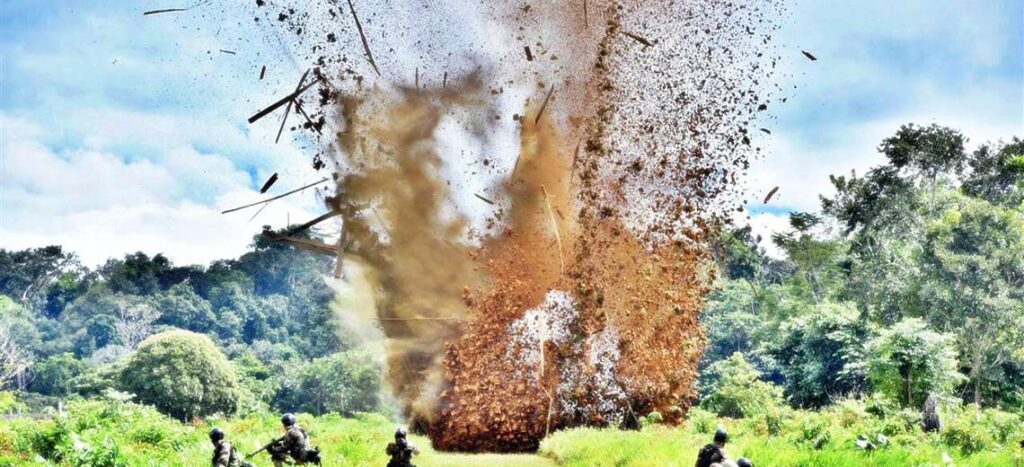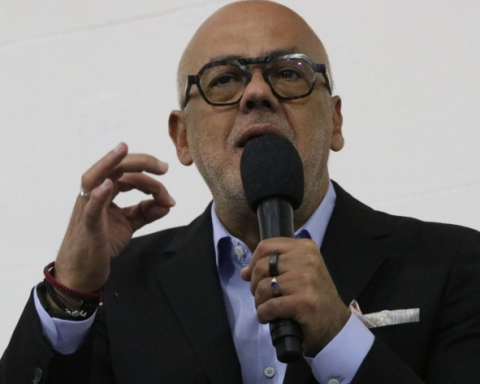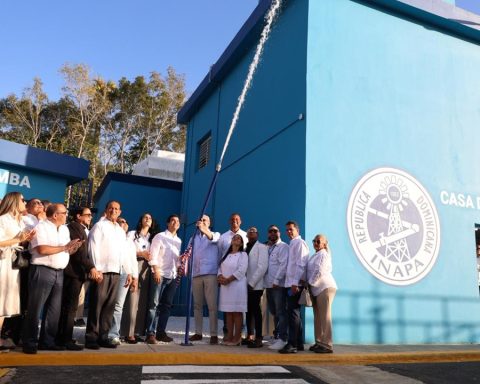The cold air mass that hit Brazil this week will still leave temperatures down, especially in the South and Southeast regions of the country this weekend. According to the National Institute of Meteorology (Inmet), little by little this mass begins to dissipate, mainly in the central-north portion. The forecast for this Sunday (22) is for frost in the South and Southeast, in the region between Minas Gerais, São Paulo and Rio de Janeiro, around the Serra da Mantiqueira. 
Olívio Bahia, meteorologist at Inmet, points out that the more intense cold should lose strength over the next week, but the cold nights and mornings should remain in the center-south of the country. “It’s pretty typical for this time of year. [outono]. The sun comes out, it gives that slight warm up,” she explained. Maximums are expected to reach 22ºC further south. “The locations that get hot temperature are part of the Midwest, North, Northeast, which is also normal to stay there in the house above 30ºC”, he pointed out.
Humidity will also be low in cooler regions. “Until midweek, no rain conditions in the center-south, at least until Wednesday or Thursday, so it gets dry in part of Brazil. Rain is concentrated more in the extreme north of the country, in the northern range of Amazonas, Pará, Amapá, Roraima, part of the Northeast as well, and in the rest of the area this dry weather, with humidity below 30%”, highlighted Bahia.
The meteorologist explains that autumn is a period of transition, in which cold temperatures are expected, which makes the arrival of the cold air mass not atypical, but uncommon. “Periodically, at some point, you have a cold air intake, as was the case now, it seems that the cold season really started earlier, what we call annual variability”, he clarified. In the Federal District, for example, a temperature of 1.4ºC was recorded, the lowest since 1977.
Bahia adds that it is not possible to say that this year’s winter will be more rigorous, but it is certain that there was an anticipation of temperatures normally observed from June onwards. “The cold is further ahead, but it seems that it is here to stay, it has already arrived with force.” He points out that “the expectation is that these masses of cold air will periodically enter, from moderate to strong, until the end of winter. ”.
Among the necessary care in this period, the Inmet meteorologist highlights the prevention of fires, with a view to anticipating the dry period, attention to respiratory diseases and welcoming the homeless population. “From here until the end of winter, the nights will be a little more or a little less, but always aggressive, especially for those who are on the streets”, he said. Two people died in the city of São Paulo on the coldest nights of this week.
















